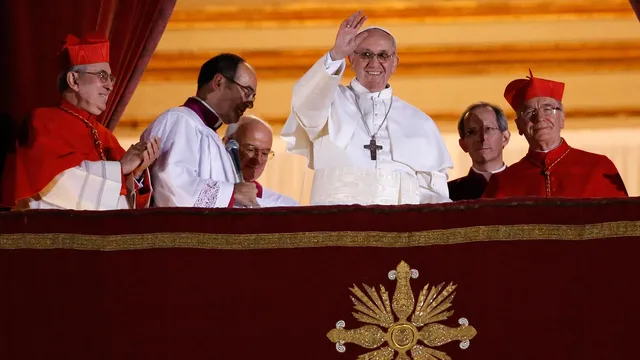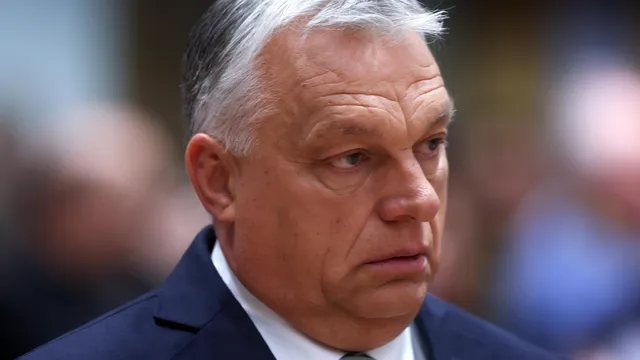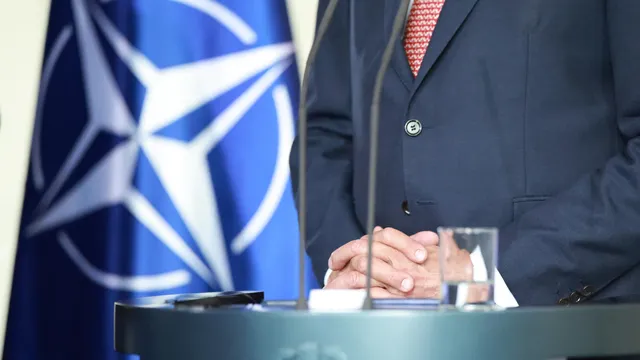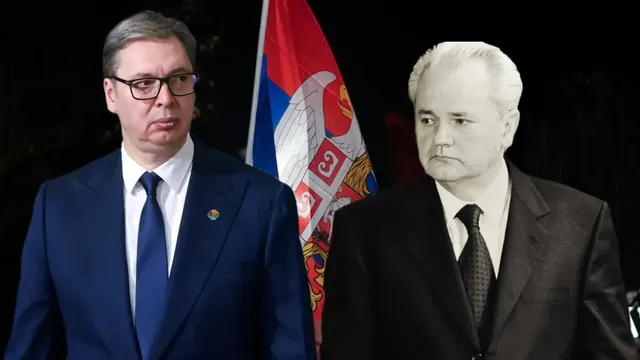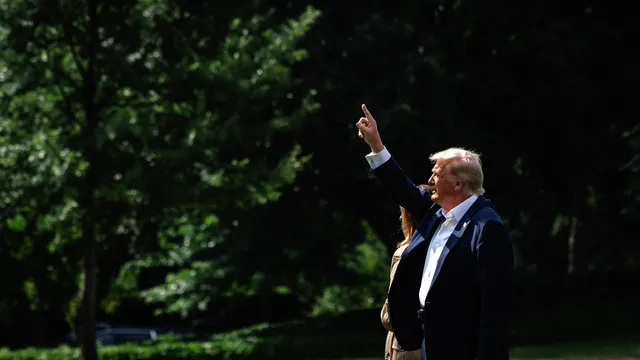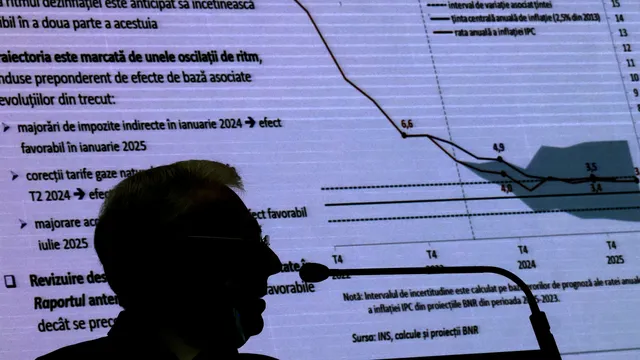After Pope Francis' funeral, all eyes are on the conclave, the secret meeting of cardinals that will take place over several days to elect a new head of the Catholic Church, AFP reported.
Along with world leaders and ruling monarchs, around 400,000 people gathered to pay their respects to Francis' remains in the Vatican and attend his funeral in Rome. The crowds were a testament to the popularity of Francis, an energetic reformer who championed the poorest and most vulnerable.
Many of those mourning the late pope, who died on April 21 at the age of 88, expressed concern about who would succeed him.
"In the end, he made the Church more normal, more human. I'm worried about what's coming next," said Romina Cacatore, a 48-year-old Argentine translator living in Italy.
On April 28, at 9:00 a.m. Bulgarian time, the cardinals will hold their fifth general meeting since the pope's death, at which they are expected to announce the date of the conclave.
Held behind closed doors in the frescoed Sistine Chapel, the election of a pope has been a matter of public interest for centuries.
The cardinal electors will vote four times a day until one candidate receives two-thirds of the votes, and the result will be announced to the waiting world by burning a piece of paper, from which white smoke rises.
Cardinal Jean-Claude Hollerich of Luxembourg said last week that he expected the conclave to take place on May 5 or 6, shortly after the nine-day papal mourning period that ends on May 4.
German Cardinal Reinhard Marx told reporters that the conclave would last only "a few days."
Francis' funeral took place in St. Peter's Square under bright spring sunshine, with the event a mixture of solemn ceremony and emotional outpouring for the Church's first Latin American pope.
Even larger crowds are expected on April 27, when the public will be able to visit his simple marble tomb in the Basilica of Santa Maria Maggiore, his favorite church in Rome.
Francis was buried in a niche in the church, becoming the first pope in more than a century to be buried outside the Vatican.
In his funeral sermon, Cardinal Giovanni Battista Re emphasized the Jesuit's defense of migrants, his tireless calls for peace, and his belief that the Church is "a home for all."
Many mourners expressed hope that the next pope would follow his example at a time of widespread global conflict and rising right-wing populism.
Marx said the debate over the next pope was open, adding: "It's not a question of whether he will be conservative or progressive, the new pope must have a universal vision."
The funeral was attended by more than 220 of the Church's 252 cardinals, who will gather again on the afternoon of April 27 at Santa Maria Maggiore to honor Francis' memory at his tomb.
At 10:30 a.m. Bulgarian time, a liturgy will be held in St. Peter's Basilica, led by Pietro Parolin, who was Francis's secretary of state and is among the favorites to become the next pope.
Only cardinals under the age of 80 are eligible to vote in the conclave, and there are currently 135 of them, most of whom were appointed by Francis himself.
But experts warn against assuming that they will choose someone like him.
The changes introduced by Francis have angered many conservative Catholics, and many of them hope that the next pope will refocus attention on doctrine.
Some cardinals have acknowledged the weight of responsibility they face in choosing a new leader for the world's 1.4 billion Catholics. | BGNES

 Breaking news
Breaking news
 Europe
Europe
 Bulgaria
Bulgaria
